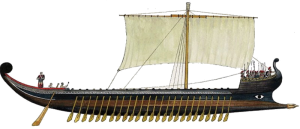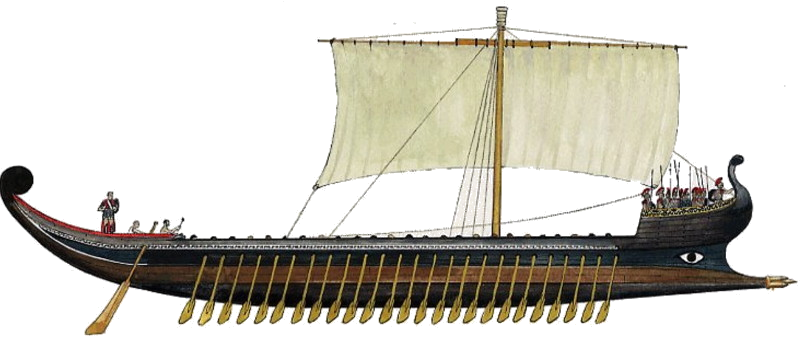Maritime history is the study of the history of human interaction with the sea, including seafaring, navigation, exploration, trade, warfare, and maritime culture. Maritime history is a broad and interdisciplinary field that encompasses a wide range of topics, including the history of shipbuilding, naval architecture, and marine engineering, as well as the social, economic, and cultural impact of maritime activities.

Some of the key areas of maritime history include:
- Exploration and Discovery: Maritime history includes the study of the history of maritime exploration and discovery, including the voyages of the great explorers such as Christopher Columbus and James Cook.
- Naval History: Naval history is the study of the history of naval warfare, including the development of naval tactics, technology, and strategy.
- Maritime Trade and Commerce: Maritime history also includes the study of the history of maritime trade and commerce, including the development of trade routes, ports, and shipping technology.
- Maritime Culture: Maritime history includes the study of the culture and traditions of seafaring communities, including the development of maritime art, music, and literature.
- Environmental History: Environmental history is the study of the relationship between human activity and the natural environment, including the impact of maritime activities on marine ecosystems and the effects of climate change on maritime history.
Overall, maritime history is a critical field of study that provides important insights into the role of the sea in human history and culture. The continued development of maritime history research and technology is critical to understanding the complex and interconnected nature of human interaction with the sea and to preserving the cultural and historical heritage of seafaring communities.

